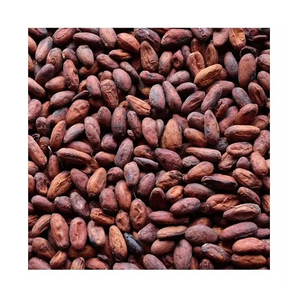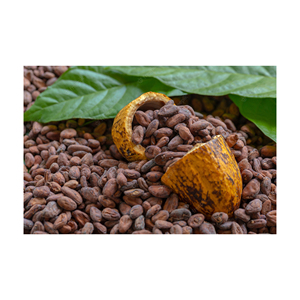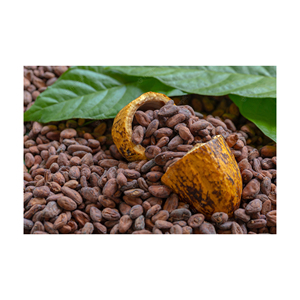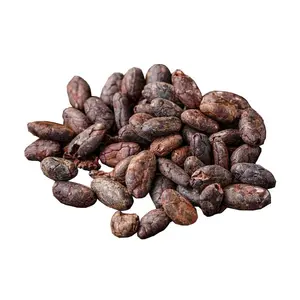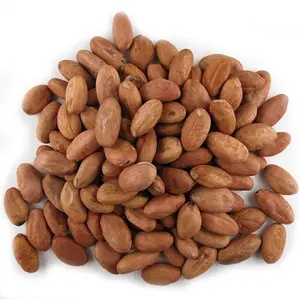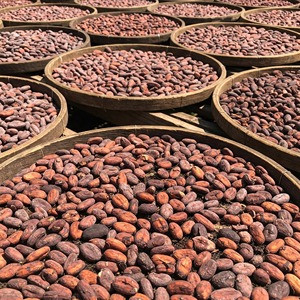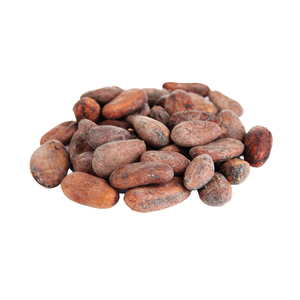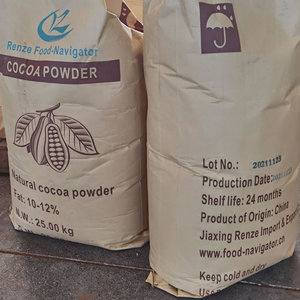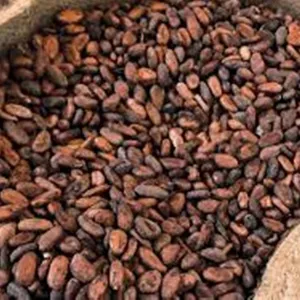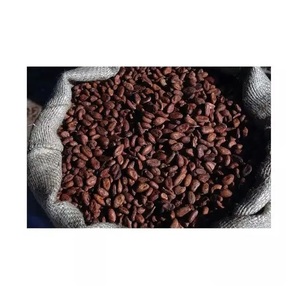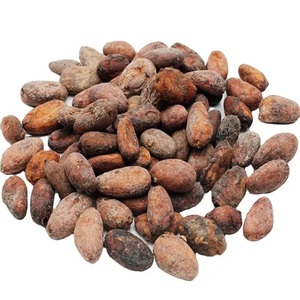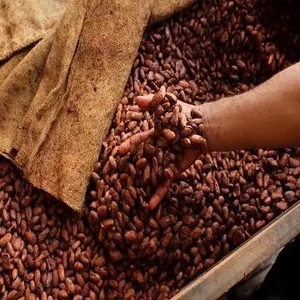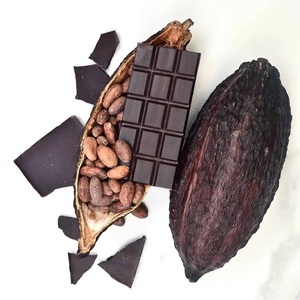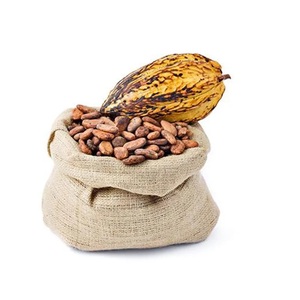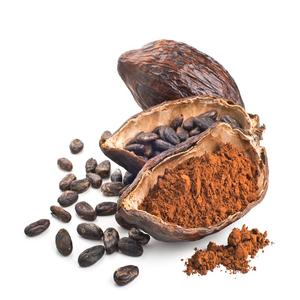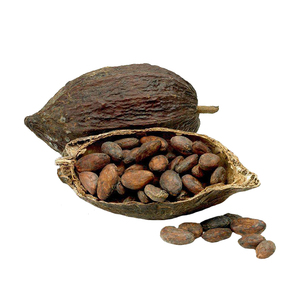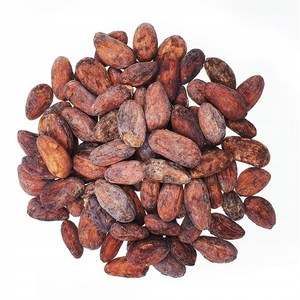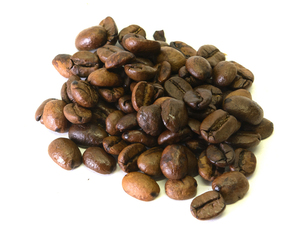Largest Exporter Of Cocoa Beans




 1/7
1/7


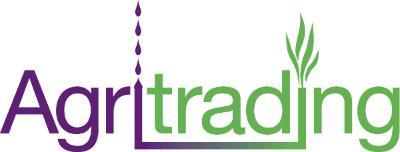


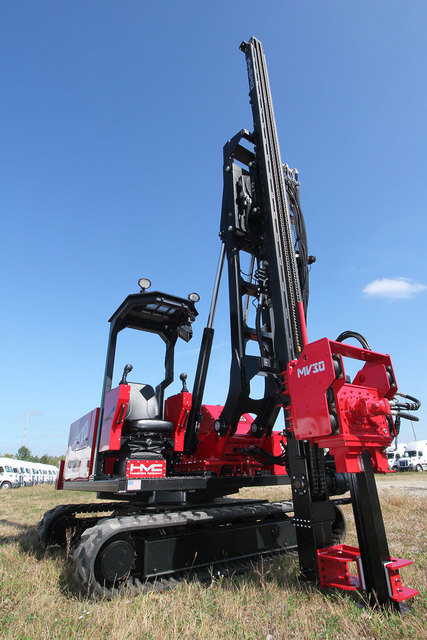









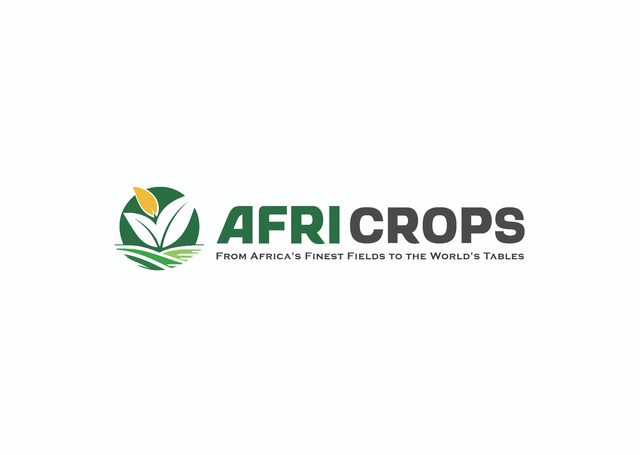

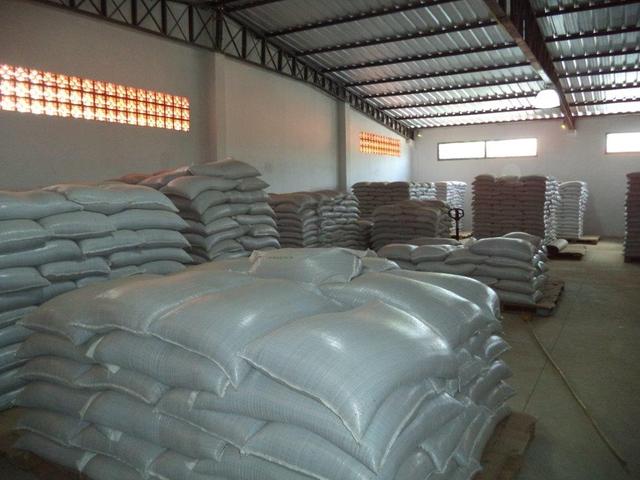

About largest exporter of cocoa beans
Where to Source Cocoa Beans from Leading Exporters?
The global cocoa bean export market is dominated by suppliers in West Africa, Southeast Asia, and Latin America, with key production hubs in Côte d'Ivoire, Ghana, Indonesia, and Ecuador. These regions benefit from favorable tropical climates, established agricultural infrastructure, and vertically integrated supply chains that support large-scale harvesting, fermentation, drying, and export logistics. Industrial-grade exporters operate consolidated processing facilities capable of handling fermented and sun-dried cocoa beans for bulk international shipment.
Leading suppliers leverage economies of scale through direct farm partnerships or cooperative networks, ensuring consistent volume output and traceability. Major exporters typically maintain minimum order quantities (MOQs) ranging from 100 kg to 25 metric tons, depending on product form—raw beans, cocoa mass, or powdered derivatives. Fermentation and drying protocols are standardized to meet food-grade specifications, with moisture content controlled below 7.5% to prevent mold during transit. Buyers gain access to competitive pricing structures, particularly for non-organic and conventional lots, with unit costs starting as low as $0.21/kg for raw fermented beans.
How to Evaluate Cocoa Beans Suppliers?
Procurement decisions should be guided by structured supplier assessment criteria:
Quality Assurance & Processing Standards
Prioritize suppliers implementing post-harvest protocols including controlled fermentation (5–7 days), sun-drying on raised beds, and rigorous sorting to remove defective beans. For food-grade applications, verify compliance with ISO 2451:2007 (cocoa beans—specifications) and HACCP-based handling. Alkalized cocoa powders should conform to Codex Alimentarius standards for pH and fat content. Request moisture, fat, and microbiological test reports prior to shipment.
Production and Export Capacity
Assess operational scale through verifiable metrics:
- Minimum annual export volume exceeding 500 metric tons
- Dedicated warehouse storage with climate control for raw beans
- In-house processing capabilities for roasting, grinding, or powder production
Cross-reference online transaction data with response times (target ≤12 hours) and on-time delivery performance where available.
Transaction Security and Sourcing Safeguards
Utilize secure payment mechanisms such as escrow services or letters of credit for initial orders. For bulk procurement, insist on pre-shipment inspection by third-party agencies (e.g., SGS, Bureau Veritas). Sample testing is critical—evaluate bean count, flavor profile, and shell content before scaling. Confirm FOB or CIF shipping terms and ensure packaging complies with ISPM 15 for wooden pallets in international freight.
What Are the Top Cocoa Beans Exporting Suppliers?
| Company Name | Location | Main Products | Price Range | MOQ | On-Time Delivery | Avg. Response | Online Revenue | Reorder Rate |
|---|---|---|---|---|---|---|---|---|
| Jiaxing Renze Import & Export Co., Ltd. | China | Cocoa powder (alkalized/natural), cocoa liquor | $1–16/kg or/piece | 1,000 pcs or 1,000 kg | 100% | ≤4h | US $980,000+ | 20% |
| Treitner GmbH | Germany | Raw cocoa beans (organic, sun-dried) | $0.21–0.65/kg | 100 kg | - | ≤5h | - | - |
| GLOBESOX AGRIVET TRADING | Nigeria | Wholesale cocoa beans (fermented, dried) | $3.20–510/kg | 100 kg – 5 tons | - | ≤12h | - | - |
| AGRI Trade Commodities GmbH | Germany | Raw cacao, natural cocoa beans | $4–720/kg or/ton | 1,000 kg – 25 tons | - | ≤4h | - | - |
| STARLINK TRADING THAILAND | Thailand | Organic raw cocoa beans, Criollo variety | $1.20–1.60/kg | 1,000 kg | - | ≤9h | - | - |
Performance Analysis
Jiaxing Renze demonstrates strong commercial credibility with a verified revenue stream exceeding US $980,000 and a 100% on-time delivery rate, indicating reliable logistics execution. German-based Treitner GmbH offers highly competitive pricing for organic cocoa beans with low MOQs (100 kg), making it suitable for niche processors or specialty chocolate manufacturers. Nigerian exporter GLOBESOX provides regionally sourced beans at mid-tier price points, though limited performance data suggests need for enhanced due diligence. AGRI Trade Commodities and STARLINK TRADING THAILAND specialize in high-volume shipments, with MOQs aligned to industrial buyers requiring 25-ton consignments. Response efficiency is strongest among Chinese and German suppliers, with average reply times under 5 hours—critical for time-sensitive sourcing cycles.
FAQs
How to verify cocoa bean supplier reliability?
Validate company credentials through business registration databases and request references from existing clients. Conduct virtual audits to inspect drying facilities, storage conditions, and pest control measures. Analyze consistency in product listings, pricing transparency, and responsiveness to technical inquiries.
What is the typical lead time for cocoa bean shipments?
Standard lead times range from 20–35 days, including preparation, fumigation, and ocean freight. Air freight reduces delivery to 7–12 days but increases cost significantly. Allow additional time for customs clearance in destination markets.
Can suppliers accommodate organic or fair-trade certifications?
Yes, select exporters offer certified organic cocoa beans compliant with EU, USDA, or JAS standards. Verify certification bodies (e.g., Ecocert, IMO Control) and batch-specific documentation. Fairtrade or Rainforest Alliance claims require traceable chain-of-custody records.
Do suppliers provide free samples?
Sample availability varies. Some suppliers waive fees for qualified buyers committing to future volume orders. Expect sample costs between $50–$200, often deductible upon order confirmation. Samples typically weigh 200–500 grams and include lab test summaries.
What customization options are available?
Suppliers may customize bean origin (e.g., Criollo, Forastero), fermentation level, roast intensity, and particle size for processed powders. Packaging can include branded labeling, nitrogen flushing, or multi-ply moisture barriers. Minimum volumes apply for private labeling and formulation adjustments.










